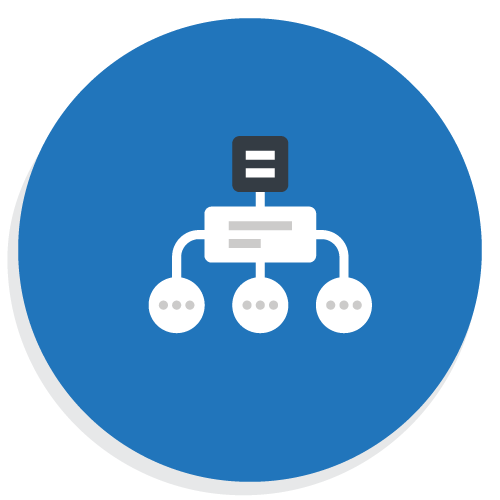To give some background. The digital transformation impacts all aspects of TVET delivery, from the integration of new digital skills and competencies into teaching and learning processes to the organization of learning itself. Learners, both young and adult, must be equipped with digital skills needed for new and old jobs and to become digitally competent, capable, literate, intelligent citizens. TVET provision is under pressure to utilize digital technology to be more accessible, affordable and individually tailored while improving its quality and labour market relevance. The elements of this transformation can be broadly categorized as:
- Changes to teaching and learning, and delivery processes: how newly available, and constantly iterating, digital tools transform teaching and learning processes. Examples include utilizing technology to simulate, gamify and adapt to individual learner preferences while also creating a safer, stimulating and practical-oriented learning environment. Another aspect of change is the capacity to deliver TVET differently through combinations of remote and onsite learning opportunities taking place synchronously or asynchronously.
- Changes to the organizational management of learning within TVET providers: the use of digital tools, and the data they generate, to improve TVET providers’ organizational functions. Examples include being able to manage more learners pursuing varied bite-sized courses which can be coordinated in blended/hybrid, synchronous and asynchronous formats, financed from various sources for a range of learners, and formally or informally accredited/certified. It is hoped that new digital tools and data will create an infinite combination of flexible, individualized learning pathways.
- Changes to the role of TVET providers within their education and labour market ecosystems and communities: the ability to create digital partnerships with local organizations by creating technology hubs which provide pooled resources, such as fab-labs and makerspaces, that are accessible to businesses and communities and attract new local investment and research and development opportunities.
No part of the TVET system is untouched by the 'digital transformation', and supporting TVET providers and practitioners in this process will be essential. UNESCO’s 2015
Recommendation concerning TVET
recognizes the crucial role of teaching staff in assuring TVET quality and relevance, and states that ‘policies and frameworks should be developed to ensure qualified and high-quality TVET staff, including teachers, instructors, trainers, tutors, managers, administrators, extension agent, guidance staff and others’. The recent UNESCO 2021 publication
Reimagining our futures together: a new social contract for education
states: 'curricula should support teachers and students to act together on technology and help determine how it is used and to what purposes'.
For more information on how to identify, integrate and implement new skills into TVET provision, see the UNESCO-UNEVOC Bridging Innovation and Learning in TVET Project.



